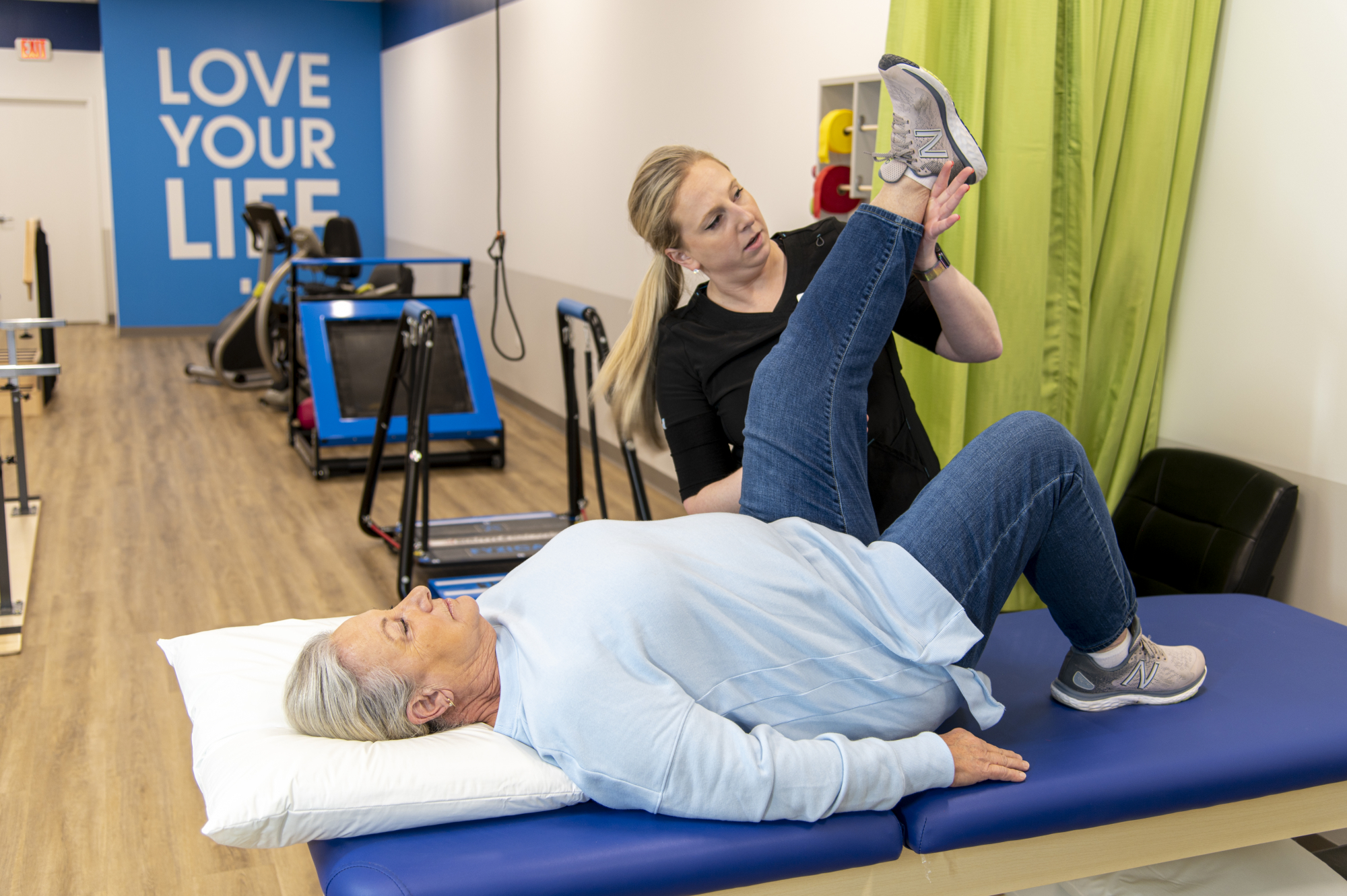Empowering Recovery Through Cardiovascular Physical Treatment in the Journey of Post-Operative Recovery
Empowering Recovery Through Cardiovascular Physical Treatment in the Journey of Post-Operative Recovery
Blog Article
Cardio-pulmonary physical treatment plays a crucial role in helping patients recover after surgery, especially for those who have undergone procedures affecting the heart and lungs. Recovery from surgery can be a difficult journey, frequently accompanied by pain, fatigue, and limited mobility. However, with the right approach and assistance, individuals can regain their strength and improve their general health. This type of treatment focuses on enhancing the performance of the cardiac system and lungs, which is crucial for a favorable healing.
One of the primary objectives of cardiopulmonary physical therapy is to improve cardiovascular endurance. After surgery, patients may face reduced endurance, making everyday activities feel more exhausting. Through a carefully planned exercise program, therapists guide individuals in incrementally increasing their physical activity levels. This may include exercises such as walking, cycling, or specific respiratory exercises. These exercises not only aid build power but also increase lung capacity, which is vital for ensuring that the body gains enough oxygen.
Additionally, cardiopulmonary physical therapy emphasizes the significance of respiratory methods. Many post-operative individuals may find it difficult with deep breathing due to discomfort or restricted mobility. Therapists instruct patients how to execute profound breathing exercises, which can facilitate increase the pulmonary system and eliminate any secretions that may have visit this website accumulated during the recovery process. Proper breathing methods are crucial to prevent complications such as pneumonia, which can occur if the pulmonary system are not operating effectively. By focusing on these techniques, individuals can enhance their recovery and overall pulmonary health.
Another critical element of this type of treatment is education. Therapists provide important insight about the recovery process, including what patients can expect during recovery. They explain how to identify danger signs that may indicate complications, helping patients feel more in control of their well-being. Comprehending the importance of exercise in recovery allows patients to assume an active part in their recovery process. This enablement is crucial for building confidence and encouraging a constructive perspective during healing.
In summary, cardiopulmonary physical treatment is an integral aspect of post-surgical rehabilitation for individuals experiencing cardiac and lung operations. By concentrating on enhancing heart and lung endurance, teaching breathing methods, and providing knowledge, physical therapists empower patients to take charge of their recovery. This specialized therapy not only aids in physical recovery but also supports mental well-being, making the process of healing easier and more manageable. With the appropriate assistance and direction, individuals can effectively regain their strength and return to their daily lives.